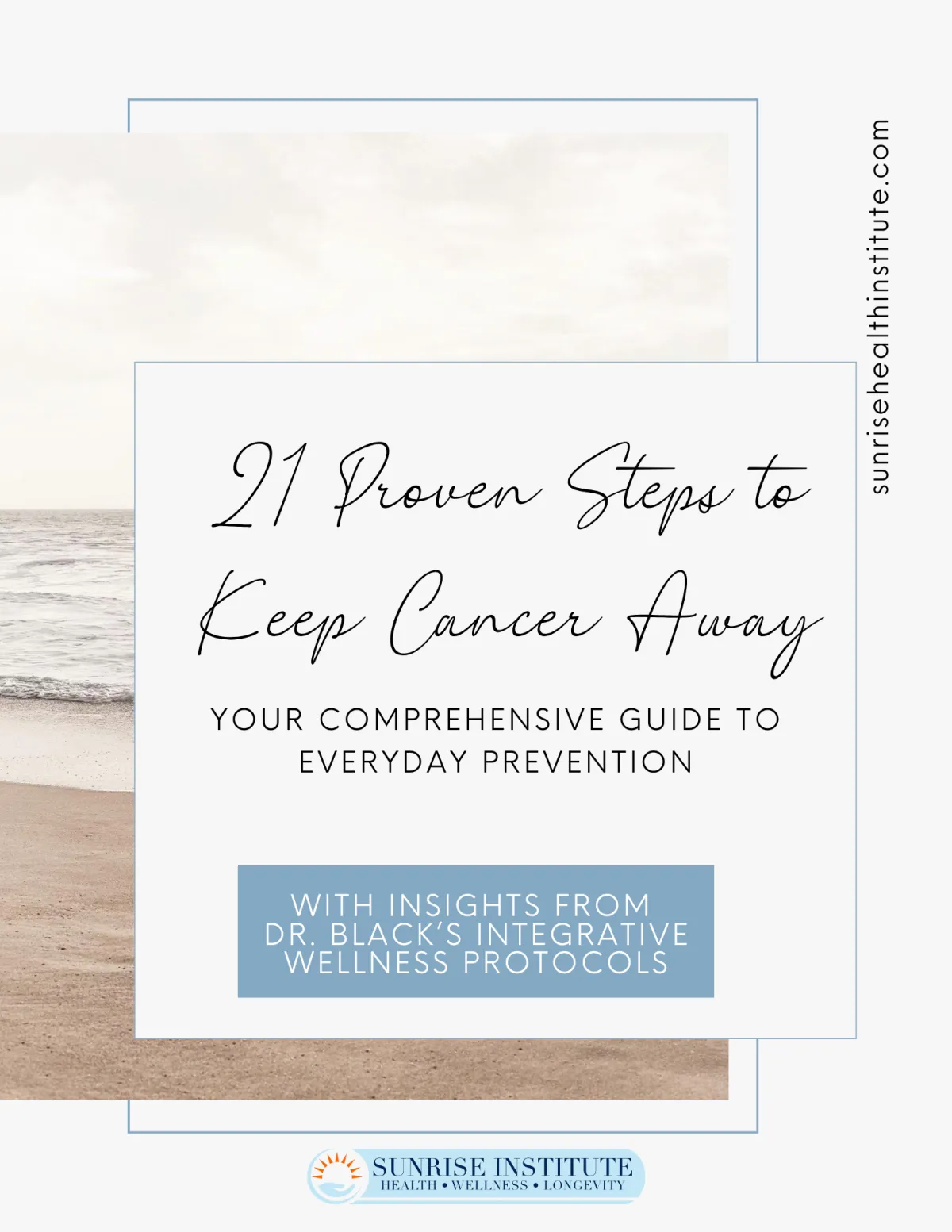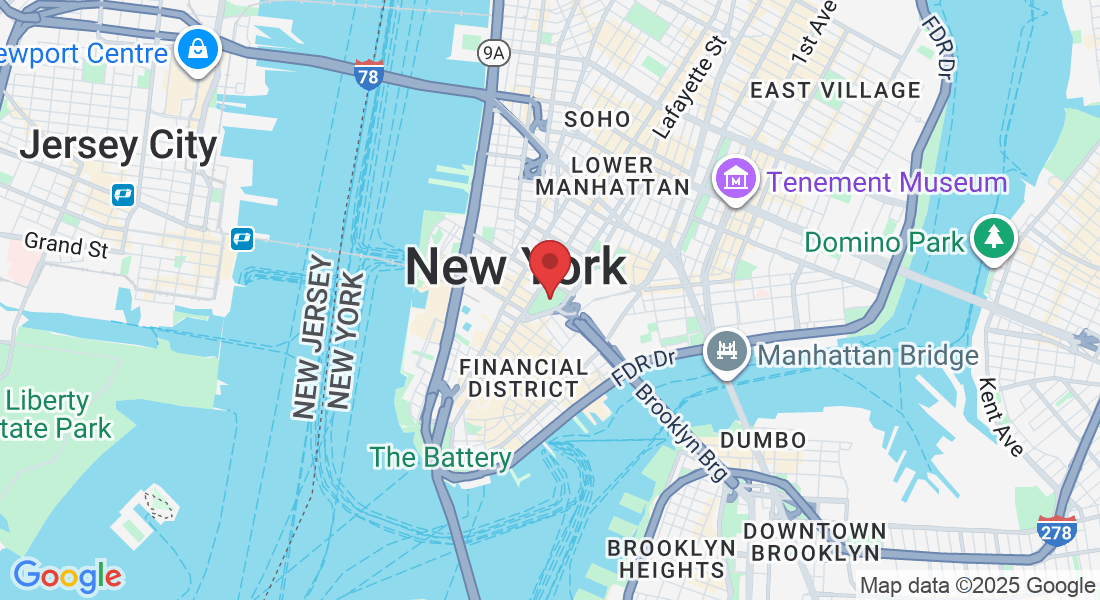Integrative Health vs Conventional Medicine: What’s the Difference and Why It Matters Now
The current medical system treats symptoms, not root causes - and Americans are paying the price in chronic illness, high costs, and diminished trust.
I was trained as an allopathic physician - a traditional MD. Not osteopathic, not naturopathic, and certainly not an alternative. I went to one of the finest medical schools in the country, the University of Florida College of Medicine, and completed five years of surgical residency after four years of medical school. Over the course of my career, I’ve seen over 75,000 patients, performed more than 15,000 operations, and sat with families in moments of both triumph and unimaginable grief. I believed in our system because it saved lives. I still do. But for much of my career, I also ignored the disciplines that take a more holistic view - naturopathy, chiropractic, osteopathy, functional medicine, and now, integrative and longevity medicine.
That was a mistake. Not because those fields have all the answers, but because they ask different questions - questions that focus on the entire human system, not just its diseases. In conventional medicine, we are trained to diagnose and prescribe. We follow algorithms and protocols, not always people. And in doing so, we often miss the deeper imbalances - the diet, lifestyle, inflammation, toxicity, stress, and microbiome disruptions that silently create the conditions for chronic disease. I know this firsthand, because I developed Type 2 Diabetes and later, cancer.
My medical knowledge did not prevent it. My medical system did not explain it. And the medications I was trained to prescribe did not resolve it. That experience changed me. It forced me to confront a painful reality: we are failing to address the root causes of disease, and as a result, we are witnessing a crisis of trust, a skyrocketing burden of chronic illness, and a growing population of patients who are sicker, more medicated, and less empowered than ever before.
Want to Stay Ahead of Cancer? Get the Prevention Guide Thousands Are Talking About.
Download “21 Proven Steps to Keep Cancer Away” — the powerful, research-based prevention roadmap trusted by patients at Sunrise Health Institute.


Integrative health focuses on the whole person, using data, lifestyle medicine, and patient education to reverse disease - not just manage it.
True healing requires more than prescriptions. It requires context. Integrative medicine doesn’t reject traditional medical tools - it enhances them with a broader toolkit: nutrition, functional lab testing, detoxification, stress reduction, movement, supplements, sleep optimization, and meaningful patient education. When I began exploring these modalities - through rigorous study and personal application - I realized how incomplete my view of healing had been. In conventional medicine, we wait for disease to appear, then label it and treat it with a pharmaceutical or a procedure. But in integrative medicine, we look at the terrain - the internal environment that allowed that disease to take root. Why did this person develop insulin resistance? What’s behind their chronic inflammation, fatigue, or brain fog? Is it diet, hormones, toxins, stress, sleep, movement, gut health - or all of the above? We ask these questions because the answers change outcomes.
As someone who now helps patients reverse chronic conditions, taper off unnecessary medications, and reclaim vitality, I’ve seen this model work. And I believe that if more doctors and patients understood its power, the system would begin to change - one patient at a time. The truth is that Type 2 Diabetes, heart disease, obesity, and even many cancers do not simply "happen." They are largely driven by lifestyle and environment. And if lifestyle causes them, lifestyle can help reverse them. While conventional medicine talks about "genetics," having a major role in the development of cancer, integrative medicine investigates cancers (and those other metabolic diseases mentioned above) as having been caused by a change in "epigenetics". Epigenetics refers to the environment within each cell which surrounds the DNA. We now know that inflammation, toxin exposure, and gut imbalance can flip disease switches on or off. That’s not philosophy. That’s biology. And in my case, it saved my life.

Patients must take responsibility for their health - and doctors must be willing to teach, not just treat.
This is not about blame. It’s about responsibility. Our healthcare system is excellent at treating acute conditions - emergencies, trauma, infections, surgeries. But for chronic diseases, the system is overbuilt, overburdened, and underperforming. We spend more per person on healthcare than any nation on earth and rank 25th in overall health outcomes among developed countries. That’s unacceptable. It’s also reversible.
The path forward starts with each doctor - and each patient. If I can sit down with a patient and teach them how to eat real food, eliminate processed toxins, walk 10,000 steps a day, strength train, get quality sleep, manage stress, support their microbiome, and use targeted supplementation, that patient often doesn’t need six medications. And if enough people make these shifts, the system begins to bend. Insurance companies will be forced to prioritize prevention. Hospitals will see fewer chronically ill patients. Medical schools will evolve their curricula. And trust in the doctor-patient relationship can be rebuilt. But none of this starts with systems or policies. It starts with a conversation. One doctor. One patient. One plan. That’s why I founded the Sunrise Institute of Health, Wellness, and Longevity. Because I believe it’s time to stop managing disease and start creating health. And I believe that journey begins with you.
Disclaimer: For informational purposes only.
This content is not a substitute for professional medical advice, diagnosis, or treatment. Always seek the guidance of a qualified healthcare provider with any questions regarding your health.
Get In Touch
Email: [email protected]
Address
Ormond Beach, Florida
Assistance Hours
Mon – Fri 10:00am – 4:00pm
Phone Number:
123-456-7891

